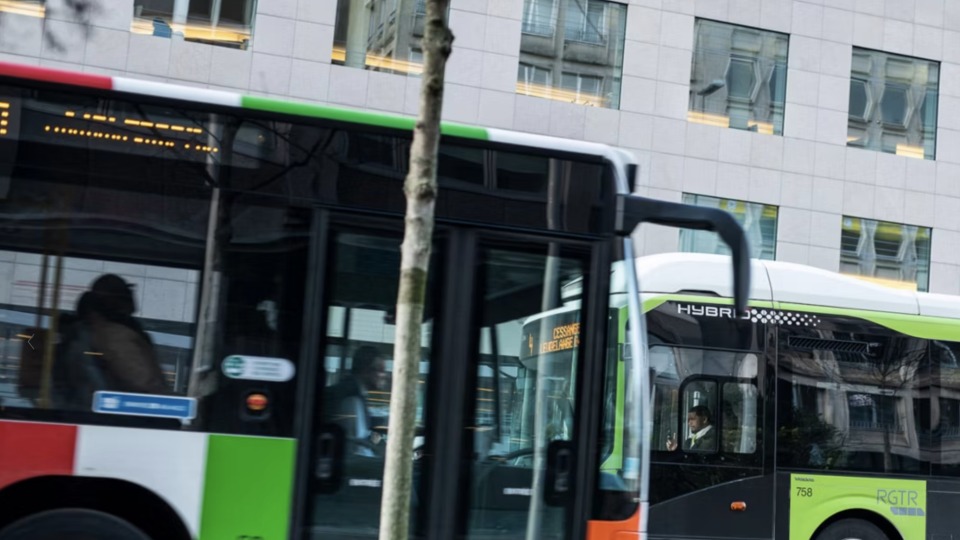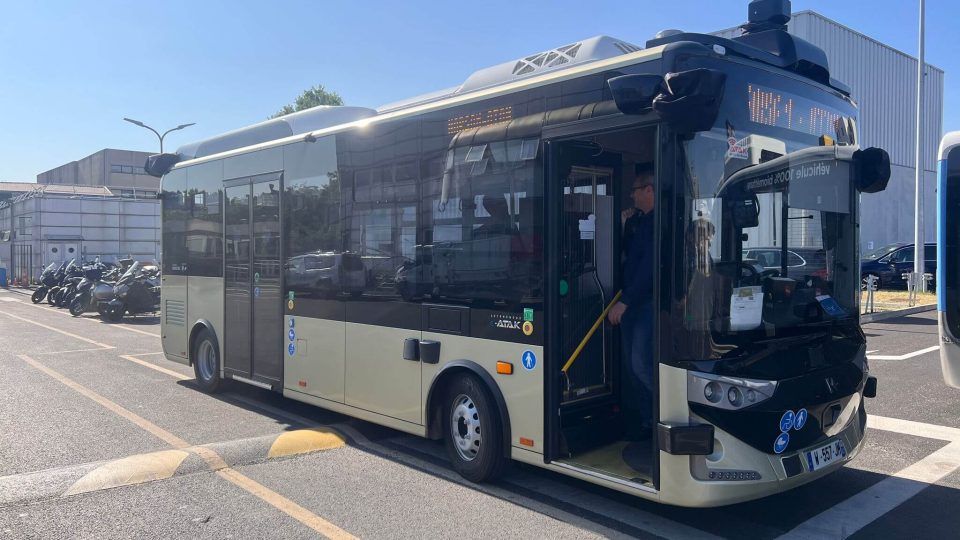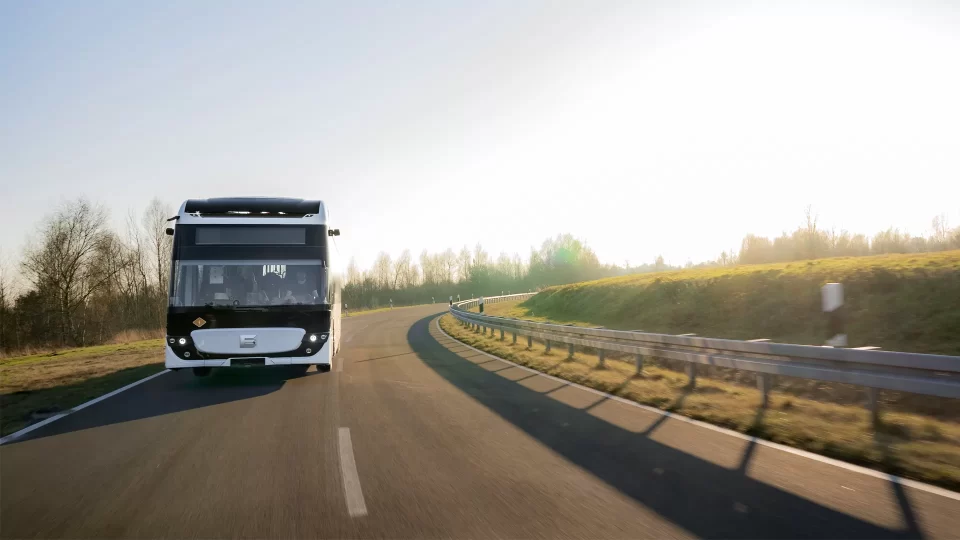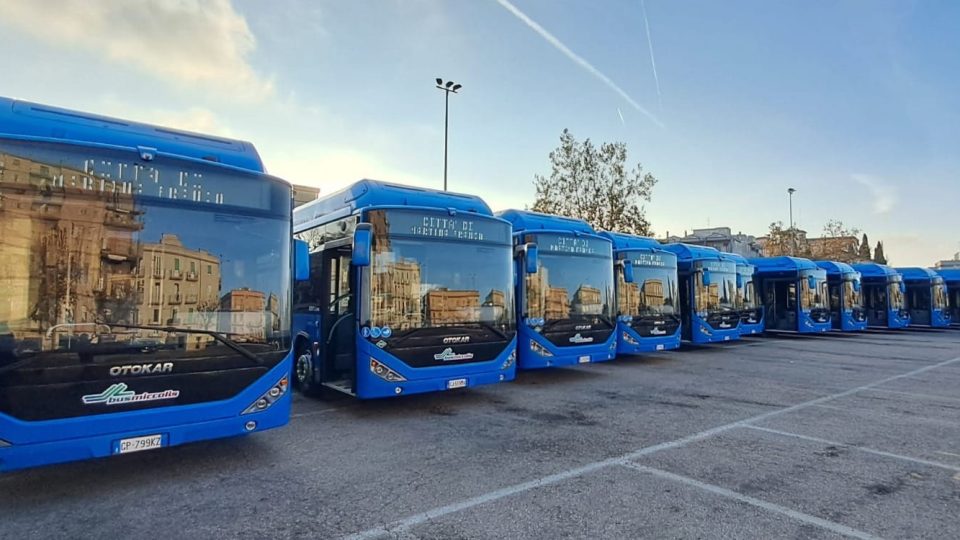First Bus looks at the future of bus in the UK. An operator’s perspective on the National Bus Strategy
At First Bus, and across the industry, the NBS was warmly welcomed, as was the £3 billion financial commitment from the Government that it promised. If the sector works effectively together and is given what it needs by the government, we believe that the strategy could be fundamental in supporting the complete energy transition of bus fleets in the UK.
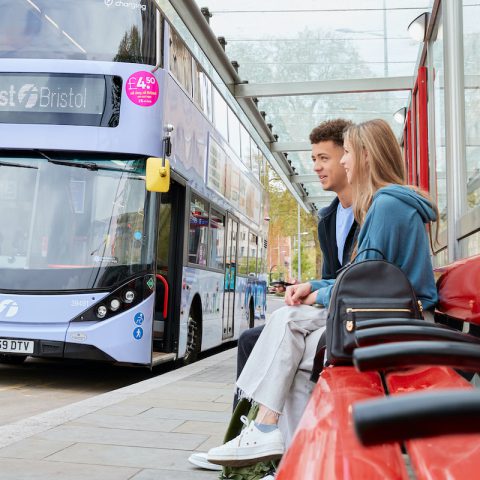
Below, a contribution by First Bus focusing on a PTO’s perspective on the National Bus Strategy four months after the publication.
Jon Tivey, Head of Environment at First Bus, discusses how the strategy has impacted the industry in this time, and what the future looks like for the bus sector.
At First Bus, and across the industry, UK National Bus Strategy was warmly welcomed, as was the £3 billion financial commitment from the Government that it promised. If the sector works effectively together and is given what it needs by the government, we believe that the strategy could be fundamental in supporting the complete energy transition of bus fleets in the UK.
Whilst the strategy is very much an exciting opportunity to revitalise the bus industry, it has also been viewed as an affirmation of what many operators, including First Bus, have already been doing to put the customer first, provide value, and drive a greener future.
Before the promised funding becomes available we are focused on continuing our work in these areas. Our progress is aligned with many ambitions outlined in the NBS, but there are significant challenges to overcome as we look towards bus priority in the long-term.
Though we were pleased to see that ‘greening the national fleet’ was given appropriate attention by the government, we as operators must not shy away from the role that we have to play in the transformation. We must ensure that we set out appropriate standards for vehicles to meet passenger needs, and that we continue to have a thorough understanding of what is needed to decarbonise our fleets so that we can advise our local authority partners.
Jon Tivey, Head of Environment at First Bus
UK National Bus Strategy: the challenges ahead
The NBS provides direction and vision, but we don’t yet have a delivery plan or the provision of funding. In order to implement the NBS, we need a clear roadmap marking out timelines and stakeholder responsibilities, and we need local authority partners to make the necessary hard decisions.
In our experience, collaboration is key – when national government, local authority, and the private sector work together with a joint vision, great strides can be made. The NBS states that “To benefit from the funding in this strategy, LTAs [Local Transport Authorities] in such places will be expected to implement ambitious bus priority schemes and draw up ambitious Bus Service Improvement Plans [BSIPs]”.
The BSIPs set out in the strategy have to be completed by the end of October this year, and Enhanced Partnerships must be in place by April 2022 – these are tight deadlines for lengthy and detailed processes, and it’s important that we give LTAs the support and resources they need to be able to meet them. Working as partners, we can put these plans in place in a manner that works for both local authorities and our customers.
First Bus pledged in Spring 2020 that we would only invest in low and zero-emission vehicles from December 2022, with the ambitious commitment of operating a 100% zero-emission fleet by 2035. FirstGroup were also the first UK bus and train operator to commit to achieving net zero emissions by 2050 or earlier.
Jon Tivey, Head of Environment at First Bus
A green future for the public transport industry
The strategy makes substantial financial commitments that would go quite some way in enabling the complete green transition of the bus sector; a £120m investment in zero emission buses in 2021/22, the launch of the Zero Emission Bus Regional Area (ZEBRA) scheme bringing stakeholders together to develop models for delivering zero emission buses at scale, and the commitment to the direct implementation of 4,000 new zero emission buses. The latter would replace more than a tenth of the UK’s fleet, marking a key milestone in the transition to zero emission for public transport. Since the publication of the NBS, we’ve also seen the Transport Decarbonisation plan setting a pathway for the transport sector to reach net zero by 2050, which is another fantastic step forward.
Though we were pleased to see that ‘greening the national fleet’ was given appropriate attention by the government, we as operators must not shy away from the role that we have to play in the transformation. We must ensure that we set out appropriate standards for vehicles to meet passenger needs, and that we continue to have a thorough understanding of what is needed to decarbonise our fleets so that we can advise our local authority partners.
National Bus Strategy and the need for investments
We also need to provide or secure the majority of investment needed rather than rely on the available funding from Government, while also ensuring that this does not impact the cost of bus for the travelling public.
As leaders in sustainable transport, First Bus pledged in Spring 2020 that we would only invest in low and zero-emission vehicles from December 2022, with the ambitious commitment of operating a 100% zero-emission fleet by 2035. FirstGroup were also the first UK bus and train operator to commit to achieving net zero emissions by 2050 or earlier. These commitments are underway and aligned with the investment in low-to-zero carbon powertrains for our bus fleet, infrastructure changes have begun to accommodate the increase in electric vehicles. The current transformation of our Caledonia depot, which is set to become the UK’s largest electric vehicle (EV) bus depot, will see phase one complete in the next few weeks. Following completion of the full project, 126 new electric buses will be in operation in the city of Glasgow by March 2023.
Momentum in such investment must be maintained. For now, it’s incredibly encouraging that the government is making bus a priority, and we’re excited to progress and implement our own climate and customer commitments in line with the NBS.



